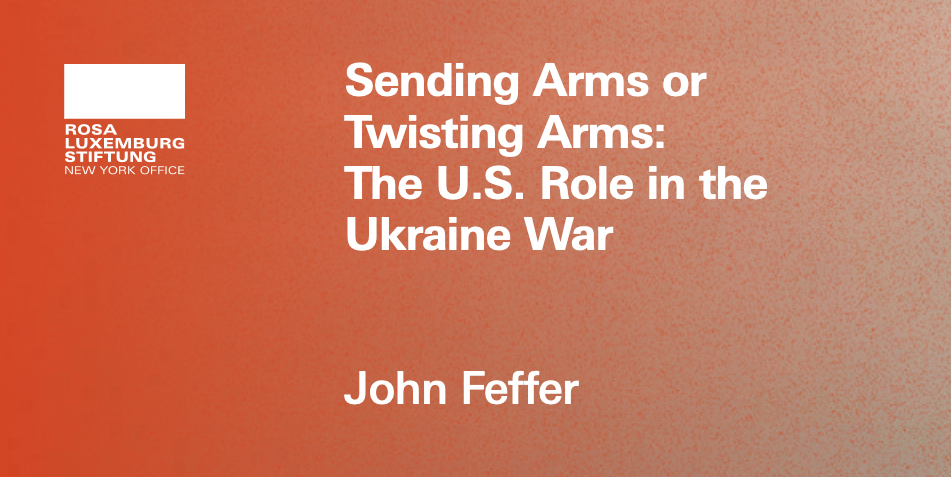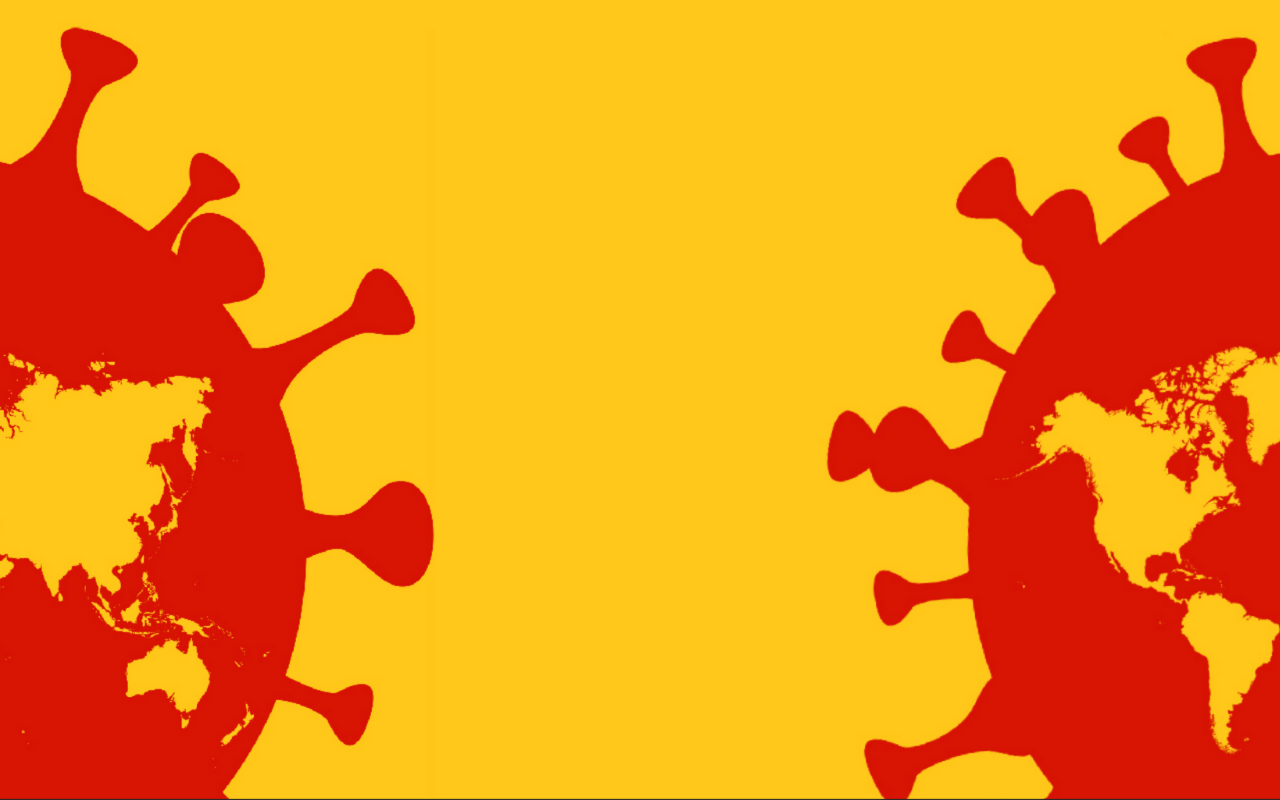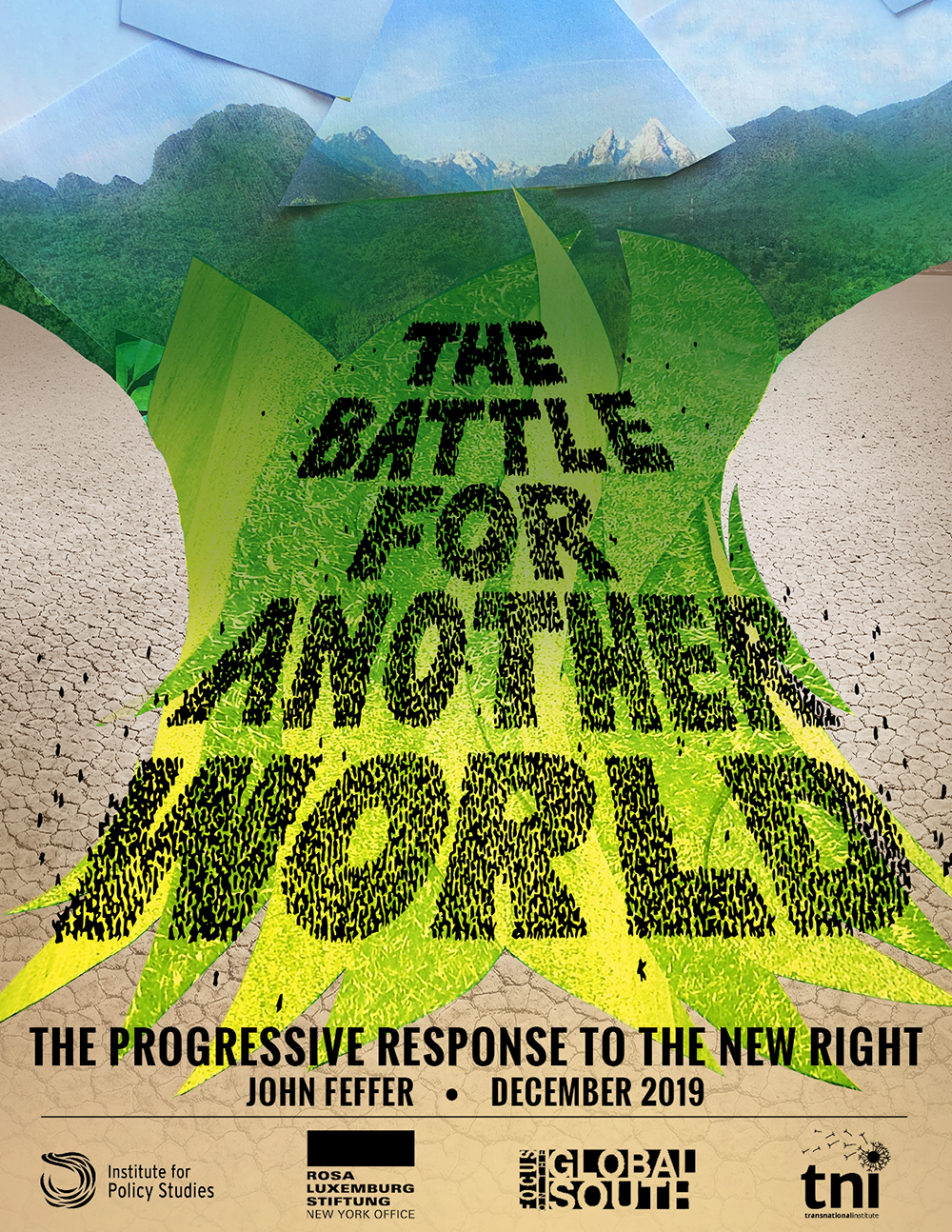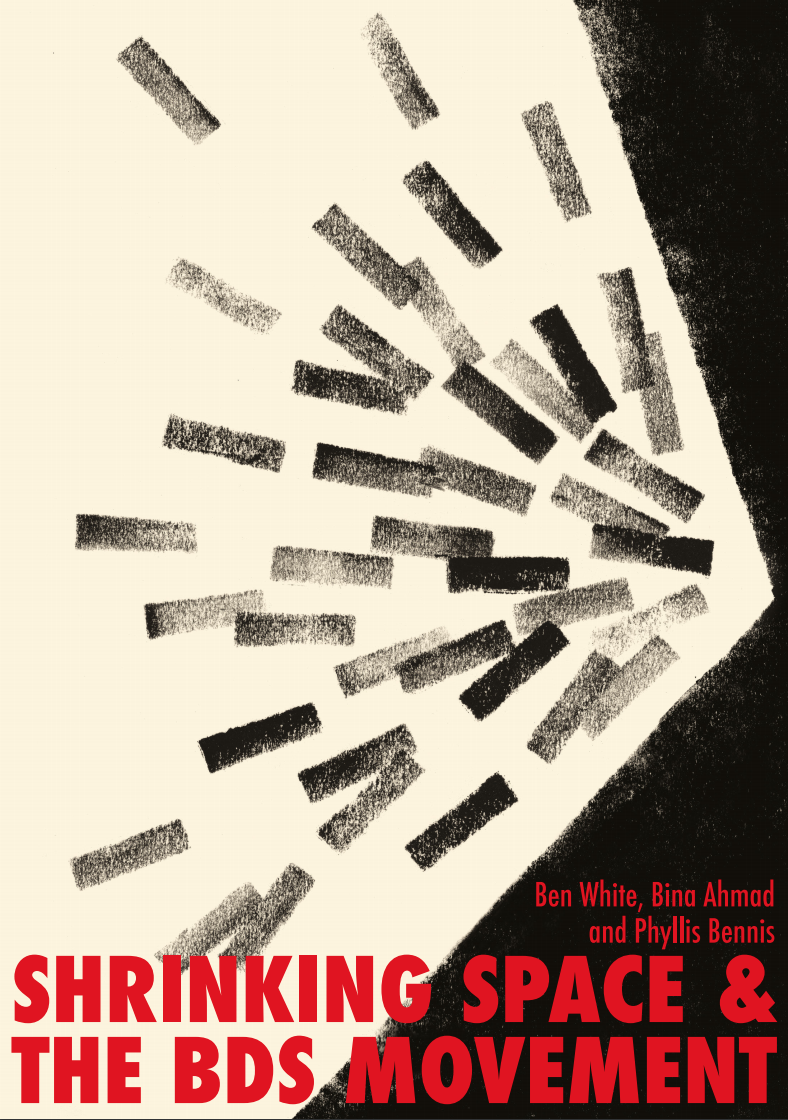Peace and Foreign Policy
To build peace, we must dislodge the economic and political foundations of war. IPS believes that a just foreign policy is based on human rights, international law, and diplomacy over military intervention.
Latest Work
Thank You Mr. Sharon
Mr. Sharon has returned the Palestinian society to a culture of resistance. Soon, he will move the international community to a new culture of responsibility toward protecting Palestinian civilians and realizing a negotiated solution to the conflict based
Mitchell Report on Israeli-Palestinian Violence Flawed
The report on the ongoing Israeli-Palestinian conflict by the commission led by former U.S. Senator George Mitchell is a failed effort–not for what it includes but for what it does not include.
Hard-Learned Lessons: Plan Colombia and Democracy in Peru
Any antidrug policy that forsakes or underestimates the decisive importance of democratic institutions or economic and social issues will always be counterproductive and play into the hands of drug traffickers.
Drug Plane Shoot-Down Policy In Latin America
Whoever is to blame in the Bowers incident, there is no escaping U.S. culpability in a policy that leads to death and destruction and is ultimately ineffective.
The CIA’s Worst-Kept Secret: Newly Declassified Files Confirm United States Collaboration with Nazis
Pried loose by Congress, which passed the Nazi War Crimes Disclosure Act three years ago, a long-hidden trove of once-classified CIA documents confirms one of the worst-kept secrets of the cold war–the CIA’s use of an extensive Nazi spy network to wage a
U.S. Arrogance on Display in UN Human Rights Commission Flap
The decision by the U.S. Congress to withhold $244 million in dues owed to the United Nations only builds upon the growing global perception of U.S. arrogance.
Closing the Latin American Air-Bridge: A Disturbing History
The supposedly successful closure of the “air bridge” hasn’t therefore meant the end of the joint U.S./Peruvian “surveillance” program, but rather increased the area where “interdiction” must occur.
Alternative Development Won’t End Colombia’s War
Even if the U.S. and Colombian governments were to take alternative development seriously, there are staggering obstacles to overcome.
Coming of Age in Colombia: “No Podemos Perder La Esperanza”
It is time to say ” ya no más” and to join together to build a genuine movement for peace.
End U.S. Support for Egyptian Repression
he United States cannot hope to promote democracy around the world as long as its supports repressive rule in Egypt or anywhere else.
IPS Projects
Affiliated Projects
Reports

REPORT: Sending Arms or Twisting Arms: The U.S. Role in the Ukraine War

Multilateralism and the Biden Administration

The Pandemic Pivot



